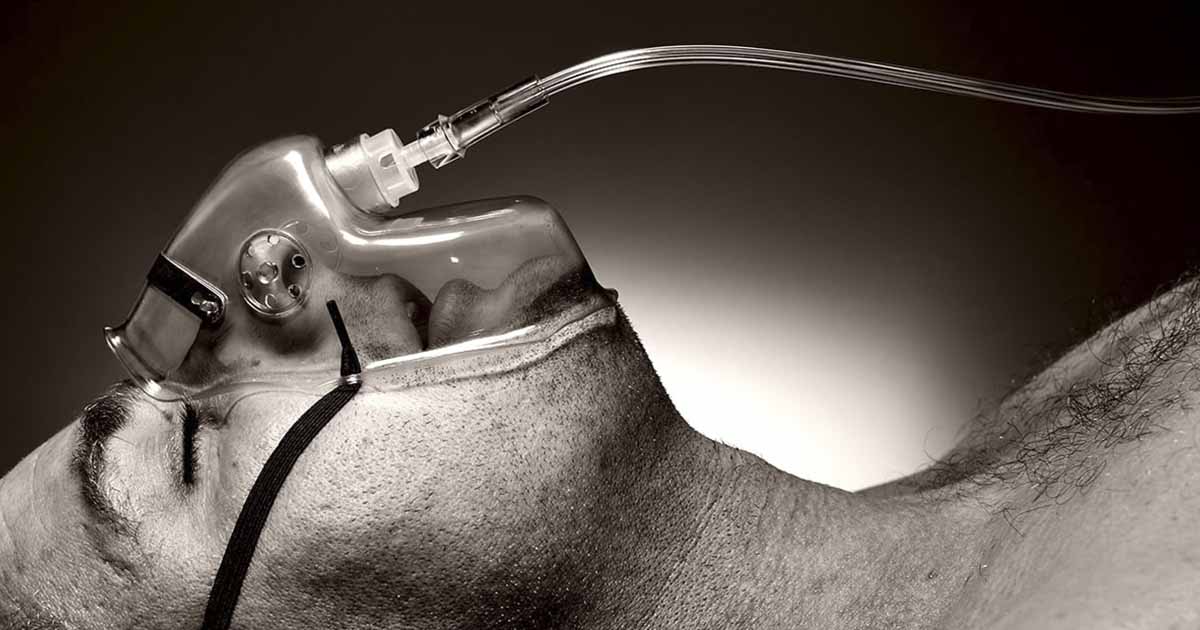Death has always been a topic surrounded by mystery and unease. As humans, we have always sought to understand and anticipate the end of life. Surprisingly, scientific research suggests that our sense of smell may hold the key to unraveling the secrets of approaching death.
Our nose seems to possess a sixth sense that can provide clues about the proximity of death, both when it comes to smelling the approaching demise of others and the loss of smell as a predictor of our own future health.

Smelling Death: A Sixth Sense?
Many stories have been shared about individuals who claim to have experienced a certain smell before the death of a loved one. These experiences hint at the existence of a mysterious sixth sense tied to our sense of smell.
Several theories attempt to explain this phenomenon. One theory suggests that as the body approaches death, it produces specific chemicals or odors that some individuals with heightened olfactory senses can detect.
Another theory proposes that the sense of smell is connected to subtle shifts in our emotional state, allowing us to pick up on the imminent loss of a loved one. It’s not that we consciously realize that we are smelling death; our olfactory glands simply sense that it is near.
While scientific evidence in this area is limited, some interesting studies have been conducted. Researchers at the University of Chicago found that animals, such as dogs and cats, can detect chemical changes in individuals with certain medical conditions, including cancer.
It is possible that humans, with a heightened sense of smell, may also have the ability to sense impending death. There are even examples of animals living in hospitals and long-term care facilities who can accurately predict when a patient or resident is about to pass away.
Loss of Smell: A Window Into Future Health
In addition to smelling the approach of death in others, the loss of smell in oneself may also serve as a predictor of future health. Several scientific studies have indicated that a decline in olfactory function may be associated with certain health conditions, such as neurodegenerative diseases like Parkinson’s and Alzheimer’s, as well as respiratory and cardiovascular problems.
The olfactory system often deteriorates before other symptoms of these diseases become apparent. This suggests that a loss of smell could serve as an early warning sign, helping individuals and healthcare professionals identify potential health issues and intervene at an early stage.
A study published in the Journal of the American Geriatrics Society found that elderly individuals with a diminished sense of smell were more likely to die within five years compared to those with a healthy sense of smell. This suggests that the loss of smell could be an important indicator of overall health and mortality risk, offering valuable insights and opportunities for preventive care.
The Future of Smell-Based Predictions
As our understanding of the human body advances, we are discovering new connections and insights into how various systems and senses interact. While the sense of smell is often overlooked compared to sight and hearing, it holds great potential in predicting both the approach of death in others and future health outcomes.
Further research is needed to validate these intriguing findings. Scientists are currently exploring the chemical changes that occur in the body before death, as well as the impact of olfactory dysfunction on overall health and mortality risk. With an improved understanding, it may be possible to develop diagnostic tools that utilize the power of smell, providing timely and possibly life-saving interventions.
The Nose Knows: A Fascinating Study
The idea that “the body knows when death is near, and it begins in your nose” is a captivating area of study. The ability to smell death in others and the loss of smell as a predictor of future health opens up new avenues of research and understanding in the fields of medicine and human biology.
By delving into and harnessing the power of our sense of smell, we may gain valuable insights into life and death, ultimately improving our well-being.



